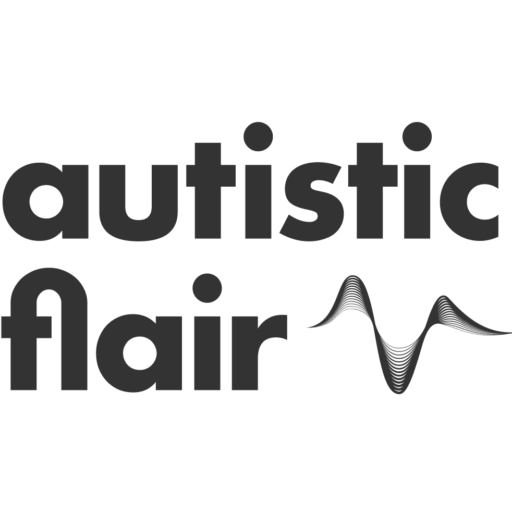“Autism is not an illness or condition – and the word ‘disorder’ is seriously flawed. It is a neurological difference. Something I consider a strength.”
Katie rectifies the wilfully wrong assumption that autism disadvantages autistic workers and explains how and why autistic employers enhance workplaces.
Autism does not disadvantage autistic workers – employers’ perception of autism does.
From my own personal working experiences and the many conversations, I’ve had with other autistic workers, I’ve picked up that many employers wrongly believe autism disadvantages autistic workers.
Some pigeonhole autistic people, suggesting we’re only a good fit for certain types of roles, such as in technology or assembly-line manufacturing.
Others assume we all have the same skillsets and abilities, believing once you’ve met one autistic person you understand them all. So, if they’ve met one non-verbal autistic person, they conclude every autistic person is non-verbal.
These predetermined assumptions are what disadvantages autistic workers. They’re what influences the employer’s decision to support, encourage, promote – and employ us in the first place.
If an employer has this mindset, they are less likely to:
Pre employment:
- Interview a diverse range of candidates
- Employ an autistic worker
During Employment:
- Provide reasonable adjustments
- Assign mentors with similar experiences and backgrounds
- Create progression plans and encourage ambition
- Offer equal learning opportunities and set-up training
Read next: Why we need to stop saying, “we’re all a little autistic”

I’m working to change this perception. Autism does not disadvantage autistic workers. Autism is not an illness or condition – and the word ‘disorder’ is seriously flawed. It is a neurological difference. Something I consider strength.
Why autistic employees enhance workplaces
Unique viewpoints: Our ability to think differently from the norm should always be considered an asset to any team. Working with people who have a unique viewpoint brings broader ideas and new perspectives to the table.
Problem solving: Autistic and neurodiverse team members have an amazing ability to think outside-the-box, allowing us to see a variety of solutions to a problem.
Resilience: Pretty much every autistic person I have spoken with has had to endure and learn to overcome discrimination, bullying, and a multitude of barriers at each and every stage in their life. In my case, this has made me incredibly motivated – nothing can stop me from succeeding.
Creative: Growing up in a neurotypical world designed for neurotypicals, we’ve had to be creative in every aspect of our lives in order to achieve, learn, and thrive – and we can carry forward this skill into any job.
Changing perceptions
I want to end this by saying not all employers believe autism disadvantages autistic employees. My most recent employer was incredibly supportive throughout my five-and-a-half-year career and believed autistic employees do indeed enhance workplaces.
My intention is never to discourage autistics applying for jobs or disclosing their diagnosis – there are so many amazing companies out there I’d love to work with. My point was to highlight, there’s still work to be done.
So, what can we do? Starting conversations and sharing information is a great place to start.
Share this blog with friends and family.
Repost @weworkwithautism’s Instagram posts
Next time someone makes an assumption about autistic people, challenge it.
Check to see if the company you work for is an equal opportunities employer. If not, ask why.
Do whatever you feel comfortable doing. There’s no such thing as a small contribution.
“Your perception may not be my reality”

